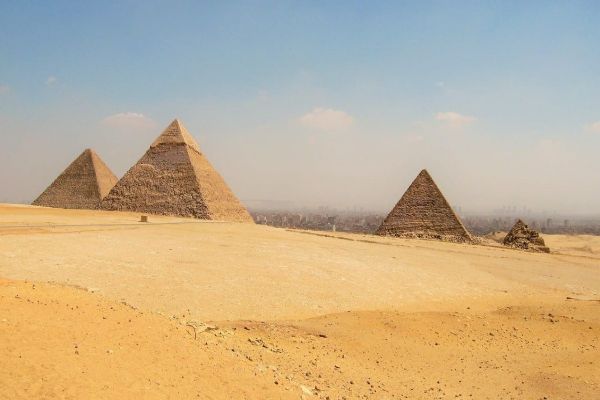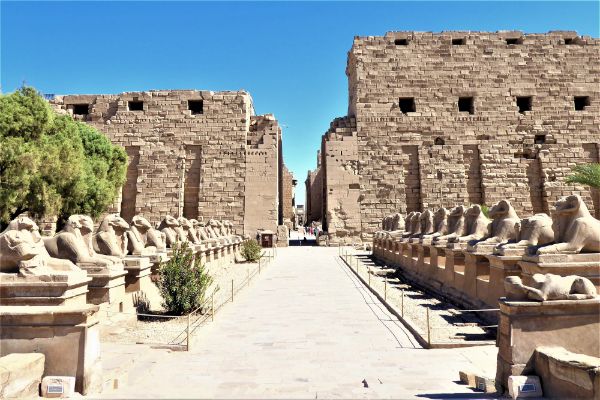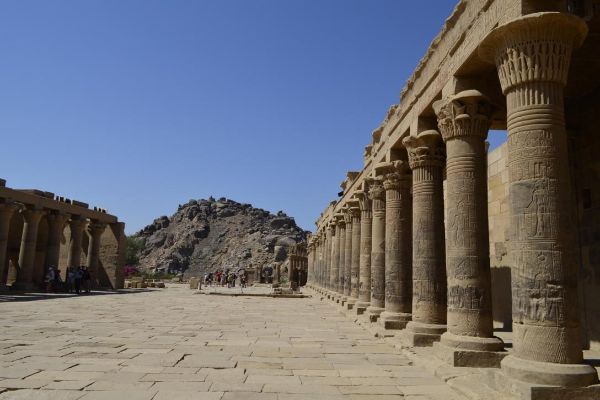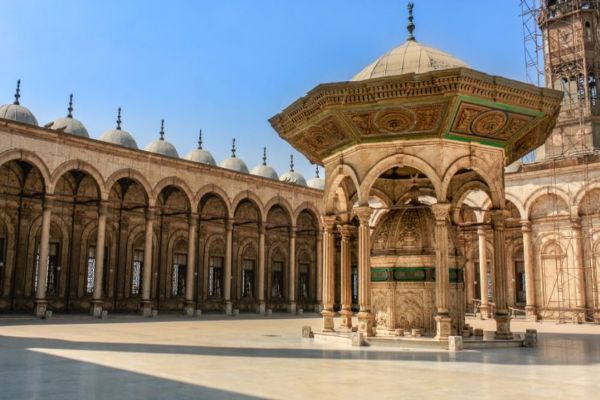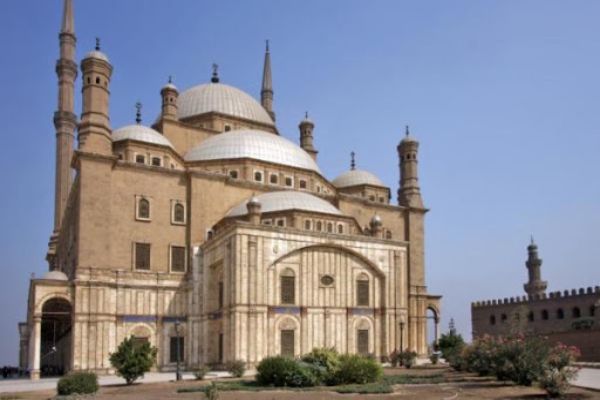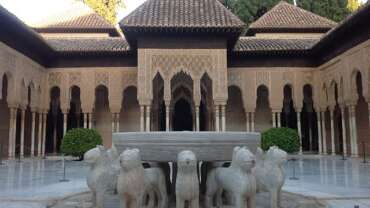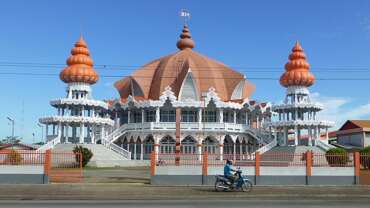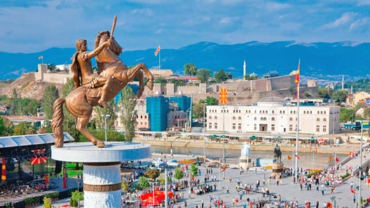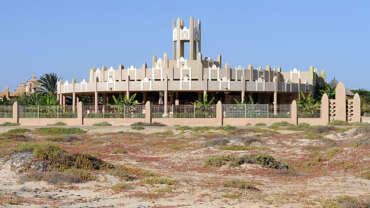MICE in Egypt - Everyday is a journey and your journey starts here
Egypt has variety of all year round activities and travel destinations, and now considered as MICE and corporate destination beside being one of the best leisure and culture destination in the world.
With excellent meeting and corporate facilities, accessibility, state of the art infrastructure, value of money and perfect service levels expanding constantly, Egypt primes itself to move up the rankings as one of the globe’s most popular Business travel, and MICE destinations.
A big bonus for corporate and business travelers to Egypt that Egypt Air the official airline of Egypt has a code share with many international airlines, which means all travelers will get miles and points when flying to or from Egypt, and this considered as bonus for business travelers.
MICE activities can be done in Cairo, the city of thousand minarets, Luxor the city of Palaces, Aswan the Ancient Syene, Nile Cruises to sail through the Egyptian history, as well as the international relaxing resorts like Sharm El Sheikh and Hurghada.
All of these destinations in Egypt have numerous luxury and five star properties, many of which are international chains.
Along with plenty of facilities and accommodation, Egypt also has a great variety to offer in terms of history, culture and relaxing, which can be incorporated into conferences or business to add extra great value for businessmen or family members.
As an incentive destination, Egypt is matchless as a result of its unparalleled travel attractions and activities, And Stylish Holidays has the ability and experience to organize all incentive trips to Egypt, with unlimited options and facilities.
For a successful MICE planning we will provide you with the following:
– Overall assistance in planning & execution.
– Registration.
– Deposit and collection of participation fees.
– Accommodation booking tailored for clients expectations.
– Complete transportation and logistics.
– Multi lingual assistance.
– Innovative social program.
– Program for accompanying persons.
– Creation of comprehensive conference design manual, including conference logo, website, bulletins, PR materials.
– Professional photo documentation and photo shooting.
– Conference video footage.
– Setting up and securing press conference and promotion in media.
– Preparation, re-sending and archiving all conference materials.
– Management of conference technical support.
– Onsite management and conference guidance.
– Fast and reliable accounting of the conference.
– Catering.
– Consecutive or simultaneous interpretation.
– Legal advise.
– Engineering advise.
– Security and special service for the disabled.
– Management of Guest List.
– Creation of website.
– Team Building and friendly competitions.
Concept
We arrange from A to Z several styles and types of receptions, lunch, and gala dinner either included in an incentive program or as a separate event; starting by suggesting the location, creating a theme, choosing the decoration and table set-up and up to providing 5 stars food catering, entertainment and preparing all branding and giveaways required.
Decoration
We offer the newest trends of events decoration & table set-up matching with the event’s theme / style.
Branding
We handle all branding and giveaways required; designing & printing banners, posters and brochures, dinner menus. We also create and produce gifts and giveaways matching with the theme / style of the event.
Entertainment
We offer a variety of entertainment bands; several style of welcome zaffa, tannoura dervishes, oriental dancers, classic music performers, pop singers, etc.
History of Egypt
Ancient Egypt grips the imagination, touches the soul and inspires the uninspired. You simply can’t escape over 7000 years of historical influence Ancient Egypt enjoys.
The legacy of Ancient Egypt, with names like Ramses, Nefertiti and Tutankhamen and places like the Great Pyramids of Giza and the Sphinx echoes in art, literature and popular culture.
When Alexander the Great conquered Egypt, Ancient Egyptian priests proclaimed him pharaoh after the oracle of Siwa declared Alexander to be a descendant of Amun, the chief deity of Ancient Egypt.
Ptolemy I, one of Alexander’s generals, succeeded Alexander as pharaoh and established the Ptolemaic dynasty.
Cleopatra, a direct descendant of Ptolemy I, was the last Greek ruler of Egypt.
During a Roman civil war, Augustus put an end to centuries of Ptolemaic rule when Cleopatra sided with Marc Anthony against Augustus. After winning the war, Augustus made Egypt a province of Rome. Respecting the tradition of the house of Ptolemy, the Caesars of Rome continued to honour Ancient Egyptian religion.
The continuous homage offered by Greek and Roman rulers to the local traditions of Ancient Egypt is the essence of Greco Roman culture in Egypt. Greco Roman art, architecture and ruins attest to the importance of Egypt in their regard. After the collapse of the Roman Empire, Greco Roman Egypt became a part of the Byzantine Empire until the Arab Muslim conquest.
Travel to Egypt to see breathtaking temples, fascinating mummies and stunning artwork. Ancient Egypt is truly a cradle of civilization.
People of Egypt
A democratic republic of blended ethnicities, Egypt is divided into 26 governorates consisting of towns, cities and villages. Currently, Egypt is home to some 90 million Egyptians that are (almost) equally split between urban and rural-dwelling citizens, concentrated near the banks of the Nile in the major cities of Cairo, Luxor, Aswan and Port Said. A very provincial people, Egyptians have always had deep-rooted ties to their places of origin, so much so that even those who live abroad always return to the exact same town they had previously built a life in. It’s almost as if moving elsewhere is not an option. From this emerges the unparalleled warmth and intangible ‘closeness’ that exists between the people of this country, even in times of distress. A truly, unforgettably welcoming people.
Although, as descendants of one of the world’s oldest civilizations, Egypt has influenced and been influenced by thousands of years of civilization. A large and unfortunate part of this past constituted of many conflicts, ranging from Pharaonic rule and Roman invasions to colonialism and war. This has been reflected in the country’s cultural diversity, with foreign languages such as English, French, German, Italian, and Spanish being widely spoken amongst different circles in society. This applies to just about all other facets of life, where everything from cuisine to art to literature exist as an amalgam of diversity, a residual of foreign lands. This has allowed society to cater to a wide spectrum of individuals regardless of class, from the religious man to the thrill-seeking ‘party animal.” The Egyptian people are continuously evolving, challenged by the opposing forces of tradition and modernization.
Consequently, having survived thousands of years as a key economic and political hub in the region, Egyptians themselves have become a fusion of the human race and view themselves differently as a result. Despite that Egypt’s minorities, consisting of Nubians, Bedouins, Turks, Greeks and several others, constitute less than 5% of Egypt’s population, the other 95% of Egyptians are themselves only 17% Arab, proven through sophisticated DNA analysis. In other words, Egypt is as much a part of the world as the world is of Egypt. Perhaps a subconscious driver behind the astonishingly unique culture Egyptians have constructed over the course of their history, Egyptians do not identify as Arabs, much like their DNA, but as something much more complex. As noted by British officers during the times of colonial rule, the very meaning of being Egyptian is so heavily entrenched within the very cores of the people that even upon being invaded by multiple countries, the Egyptian identity remained impressively intact; an identity that, in a way, lends itself to every corner of the globe.
Art & Culture of Egypt
Egyptian culture dates back thousands of years to the ancient Pharaohs and has been influenced by numerous invaders throughout history. Without a doubt, this colonialist footprint has blended with the country’s rich tradition to define Egyptian culture as we know it today.
Food-based gatherings are in fact one of the main social pillars of Egyptian culture with roundtable family feasts at its forefront. The local palette is geared heavily towards legumes and rice with onions, garlic and plenty of spices. There’s nothing quite like filling up on the delicious national cuisine, including foul, ta’miyah, and koshari, while basking in the hospitality of the locals, be it in the city or a Bedouin camp in Aswan. Take a stroll on the Corniche in Zamalek and stop by any of the numerous Nile cruise boats. Authentic oriental dishes are served against an unbeatable backdrop of dancing city lights and shimmering water, enriched by a gentle breeze. If you’re able to head north to Alexandria, then seafood is just what the doctor ordered. With the Mediterranean Sea just inches away, salt water fish and crustaceans are a dime a dozen. Select your fish and your favorite cooking style, and enjoy a seat by the window where you can watch small boats sail in and out of the marina while the sun sets in the distance on the Mediterranean.
Egypt is also well known for its captivating entertainment. Belly dancing, or oriental dancing as it’s formally known, is a longstanding part of Egyptian culture permeating all facets of life, from cabarets to the most extravagant weddings. These cultural performances extend to the Sufi whirling dervishes and the famous tanoura. Originally a means to gain higher spiritual awareness, this display of dazzling, brightly colored skirts spinning to the hypnotic pulse of the music is guaranteed to mesmerize. The Egyptian’s love of the performing arts even transcends into the world of live Arabic music concerts in the arching halls of the Cairo Opera House and the Sayed Dervish Theatre in Alexandria, where the beat of the tablah, or drum, reverberates into the depths of your bones.
In keeping with the oriental rhythm, Egyptians speak the official language, Arabic. While modern standard Arabic is used in television, government speeches, and educational institutions, Egyptian ‘colloquial’ Arabic is the common form that is universally understood, especially across the Middle East due to Egypt’s prominence in the film industry. Within Egyptian Arabic, a number of different vernaculars exist, still fairly discernable but with a twist. The Bedouin of Sinai have their own dialect that differs from those of the Western Desert. There are also minor linguistic groups, such as that of the Nubians, who speak Eastern Sudanic languages, and other minorities such as Greek and Armenian which have undoubtedly shrunk over time.
Much like the official language, Egyptians across the country share a very similar trait; their friendliness. Egyptians are a very warm, sociable people who are always ready to strike up a conversation. They will offer you directions or assistance whether or not you asked for it, and will go out of their way to take you where you need to be. If you’re invited over to an Egyptian’s house for anything ranging from snacks to a six-course meal, don’t expect to finish off your plate so easily as your generous hosts can refill faster than you can eat. If you truly want to experience Egypt, then you absolutely must mingle with the locals to learn the meaning of the expression “a home away from home”.
Egypt’s culture has so much to offer both locals and visitors who are looking to experience its charm. Whether you’re interested in its ancient history or simply looking for an adventure, this place, and its people, are sure to captivate your very existence.
"People to people” starts with “p”
A democratic republic of blended ethnicities, Egypt is divided into 26 governorates consisting of towns, cities and villages. Currently, Egypt is home to some 90 million Egyptians that are (almost) equally split between urban and rural-dwelling citizens, concentrated near the banks of the Nile in the major cities of Cairo, Luxor, Aswan and Port Said. A very provincial people, Egyptians have always had deep-rooted ties to their places of origin, so much so that even those who live abroad always return to the exact same town they had previously built a life in. It’s almost as if moving elsewhere is not an option. From this emerges the unparalleled warmth and intangible ‘closeness’ that exists between the people of this country, even in times of distress. A truly, unforgettably welcoming people.
Although, as descendants of one of the world’s oldest civilizations, Egypt has influenced and been influenced by thousands of years of civilization. A large and unfortunate part of this past constituted of many conflicts, ranging from Pharaonic rule and Roman invasions to colonialism and war. This has been reflected in the country’s cultural diversity, with foreign languages such as English, French, German, Italian, and Spanish being widely spoken amongst different circles in society. This applies to just about all other facets of life, where everything from cuisine to art to literature exist as an amalgam of diversity, a residual of foreign lands. This has allowed society to cater to a wide spectrum of individuals regardless of class, from the religious man to the thrill-seeking ‘party animal.” The Egyptian people are continuously evolving, challenged by the opposing forces of tradition and modernization.




